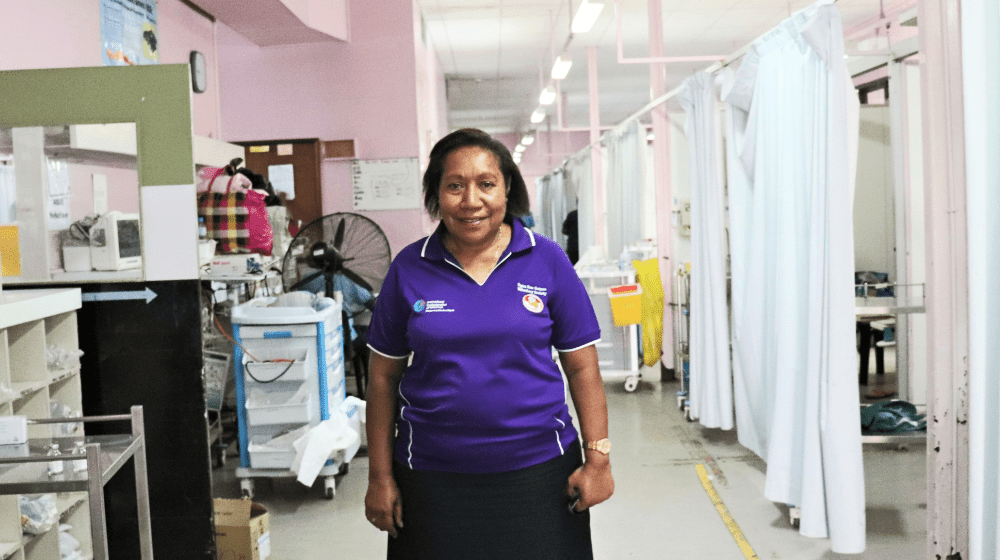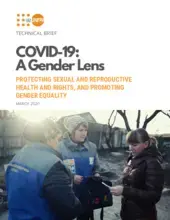Cervical cancer is the second most common cancer in women in PNG. It is predicted that 60,000 women in the country will die of cervical cancer by 2070.
However, cervical cancer is also one of the most preventable cancers. There is a vaccine, Gardasil 9, that protects against most types of the virus that causes almost all cervical cancers. Comprehensive and accessible screening programs allow doctors to catch the cancer early, drastically reducing the mortality rate.
To prevent women and girls dying from cervical cancer, organized national programmes for both HPV vaccination and cervical cancer screening and treatment need to be implemented, and competencies of health workforce will need to be strengthened across all three pillars (HPV vaccination, cervical cancer screening and treatment) for long-term success on the path towards elimination.
But for these interventions to be effective, we need to speak up about women’s reproductive health. We need to ensure young women and girls understand the importance of the HPV vaccine. We need to ensure women understand how screening works and where they can access screening services. We need to make our health centres and aid posts welcoming for adolescents so that they feel comfortable coming to these spaces to ask questions about their reproductive health concerns.
It is also important we teach young women and girls what is normal and what is a sign that something may be amiss. Pelvic pain may be a symptom of cervical cancer but also of endometriosis or ovarian cysts. Too often girls are taught that any degree of period pain is just normal. This leads to delays in seeking help and worse outcomes for women.
As Cervical Cancer Awareness Month draws to a close, UNFPA encourages everyone to speak up about reproductive health and have the conversation with your health care worker or doctor.
“We are here to help women and girls with any of their reproductive health concerns,” shared PNG Midwifery Association President Mary Sitiang. “I know it can feel intimidating or embarrassing, especially for young women, but these are questions and concerns that we hear every day. You should think of your reproductive health questions as common as getting checked for a cough.”
UNFPA and Sexual and Reproductive Health
UNFPA advocates for improved reproductive health outcomes for both women and men and works with the National Department of Health and partners to improve availability of sexual and reproductive health commodities.





